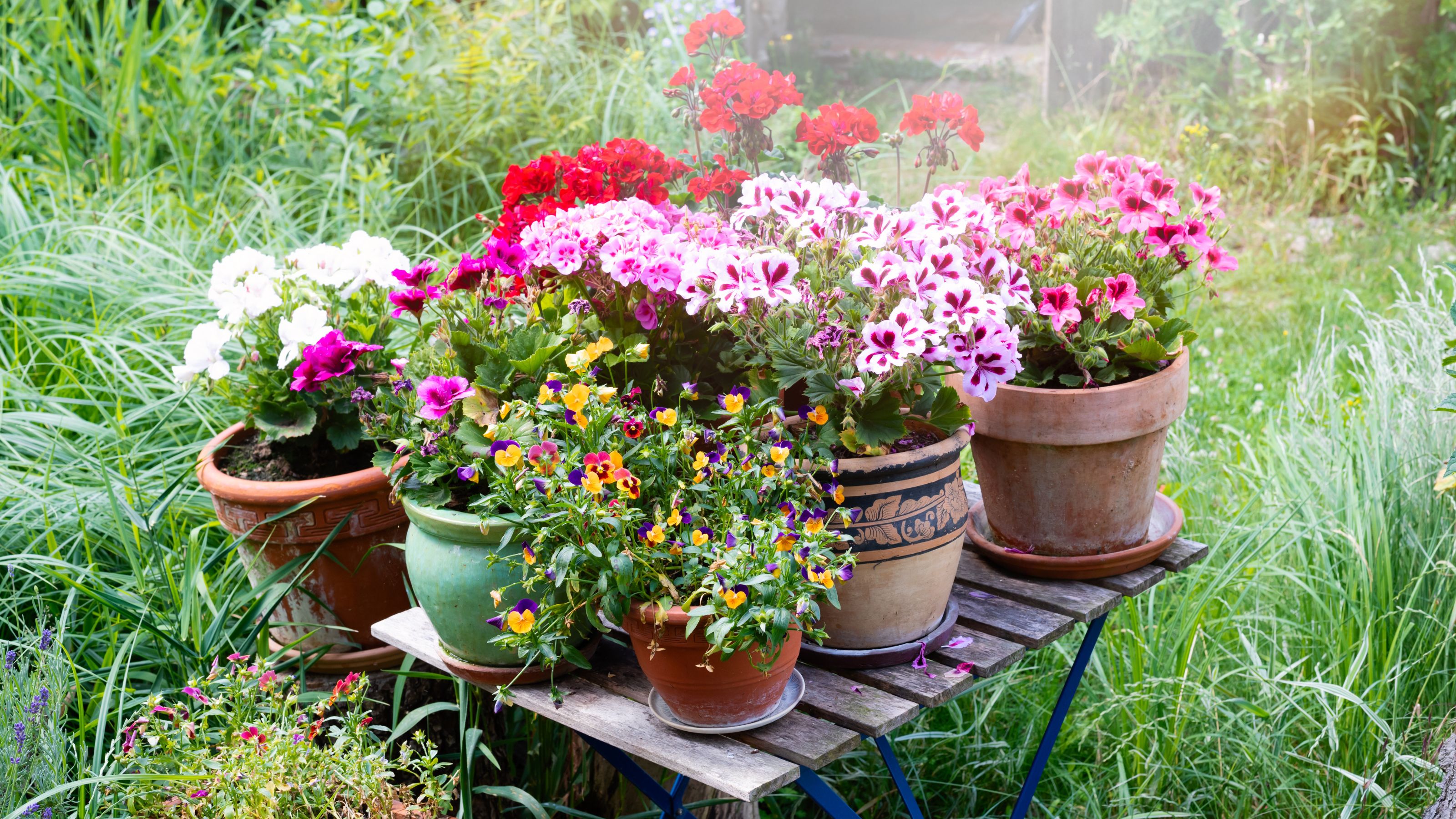
While you might not have lots of plants blooming in winter, it's still important to make sure the ones you do have growing are properly protected.
I've asked gardening experts for the plants you should pay special attention to, from winter flowers to fresh herbs. They've also explained everything you need to do in order to make sure they carry on thriving.
If you're following a month-by-month gardening calendar and want to ensure you've got everything covered for winter, these are all worth knowing.
1. Flowers
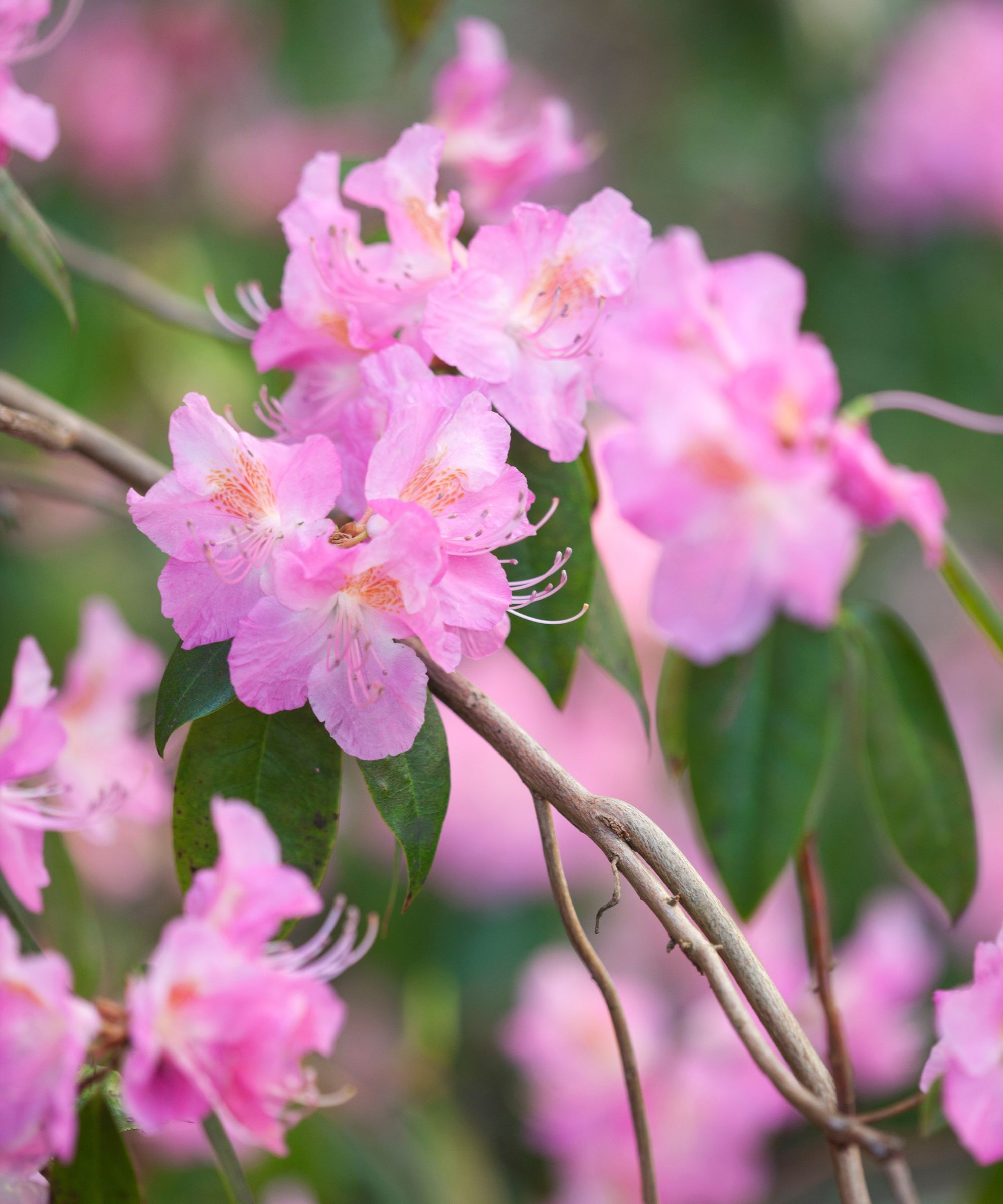
If you have bright and bold blooms adding color to your small backyard ideas, it’s a good idea to keep them up protected during winter.
“Azaleas, rhododendrons, and hollies should be wrapped in burlap to shield from wind and snow,” explains Scott McLeod, gardening expert and owner of McLeod Landscaping Inc.
“Their broad leaves dry out even when roots stay warm,” adds Marco Picano, gardening expert and co-owner of Picano Landscaping.”
He also advises that evergreen varieties will need burlap on the trunks, as the greenery can be damaged by cold and wind.
I recommend grabbing a roll that you can cut to size, such as the Burloptuous Gardening Burlap Roll from Amazon which is the site’s choice.
2. Herbs and vegetables
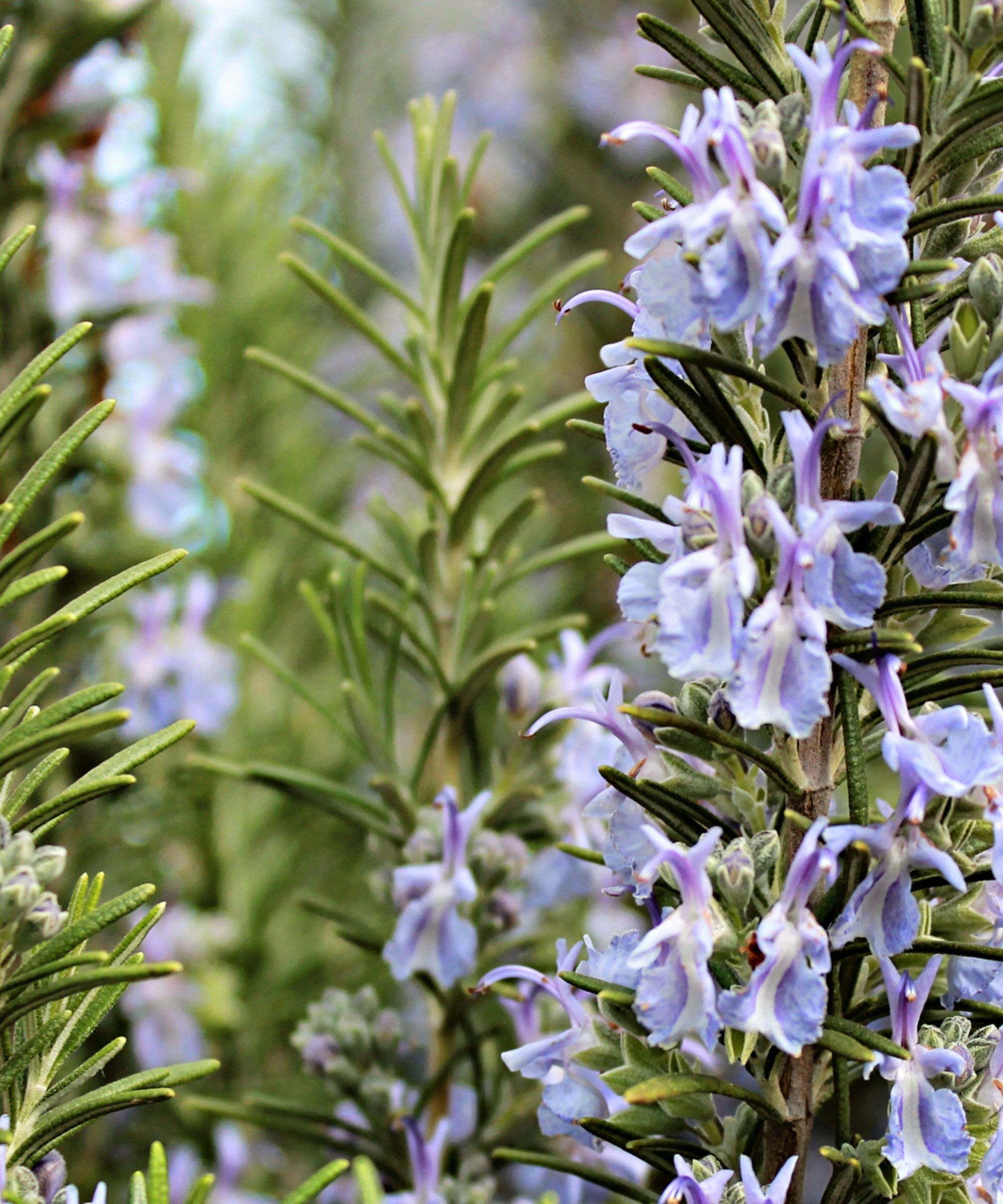
If you’re growing herbs and veggies like I am in my small vegetable garden, it’s a good idea to insulate their roots.
“Mulch protects herb and vegetable roots, insulating them under 6-8 inches,” says Scott.
He adds that rosemary, thyme, and parsley will survive without this, so if you just have these, it might not be worth investing in a bag of mulch.
It’s not just useful to have rosemary in your backyard for Christmas dinners — it’s one of the plants that will repel pests, too.
3. Container plants
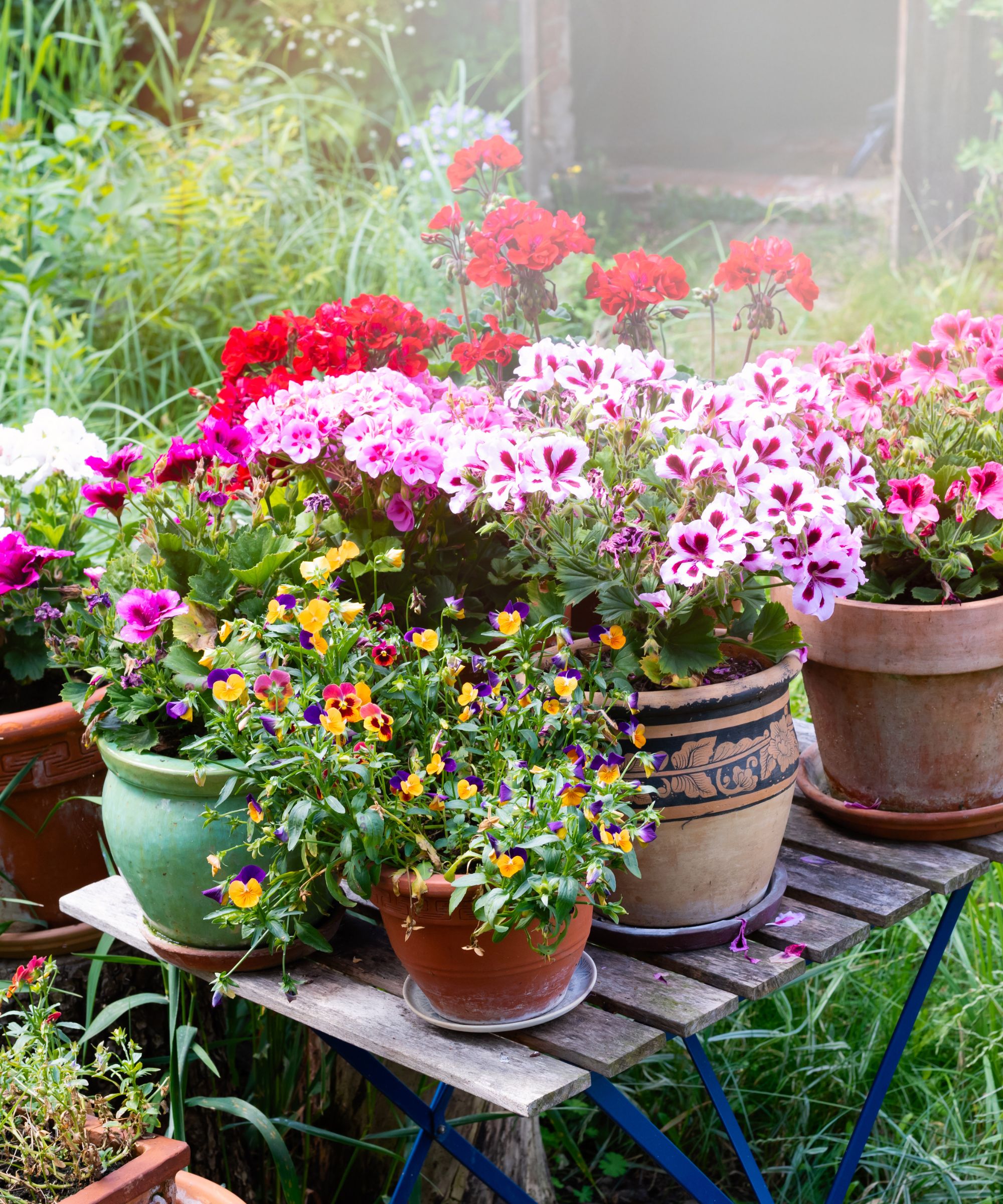
While you can keep some plants outside, if you have any in containers, you need to make sure you move them indoors for this season.
“This is because their roots are exposed and will freeze outside,” explains Scott. “Water them thoroughly before moving inside, then check the soil and water lightly when the top few inches are dry.”
You can always keep them all together inside on top of a plant shelf, such as on the Bamworld Plant Shelf on Amazon that is multifunctional and durable.
The key is preparing before winter and using proper techniques to ensure your plants thrive for years to come.
“My advice is to get to know your plants and specific winter risks in your area. Protect sooner than later, and you’ll have happy, healthy gardens,” Marco finishes by saying.
Want to carry on scouting out seasonal plant care tips? Learning how to winterize houseplants and what the best flowering plants for winter are may also come in useful.
Plant care essentials
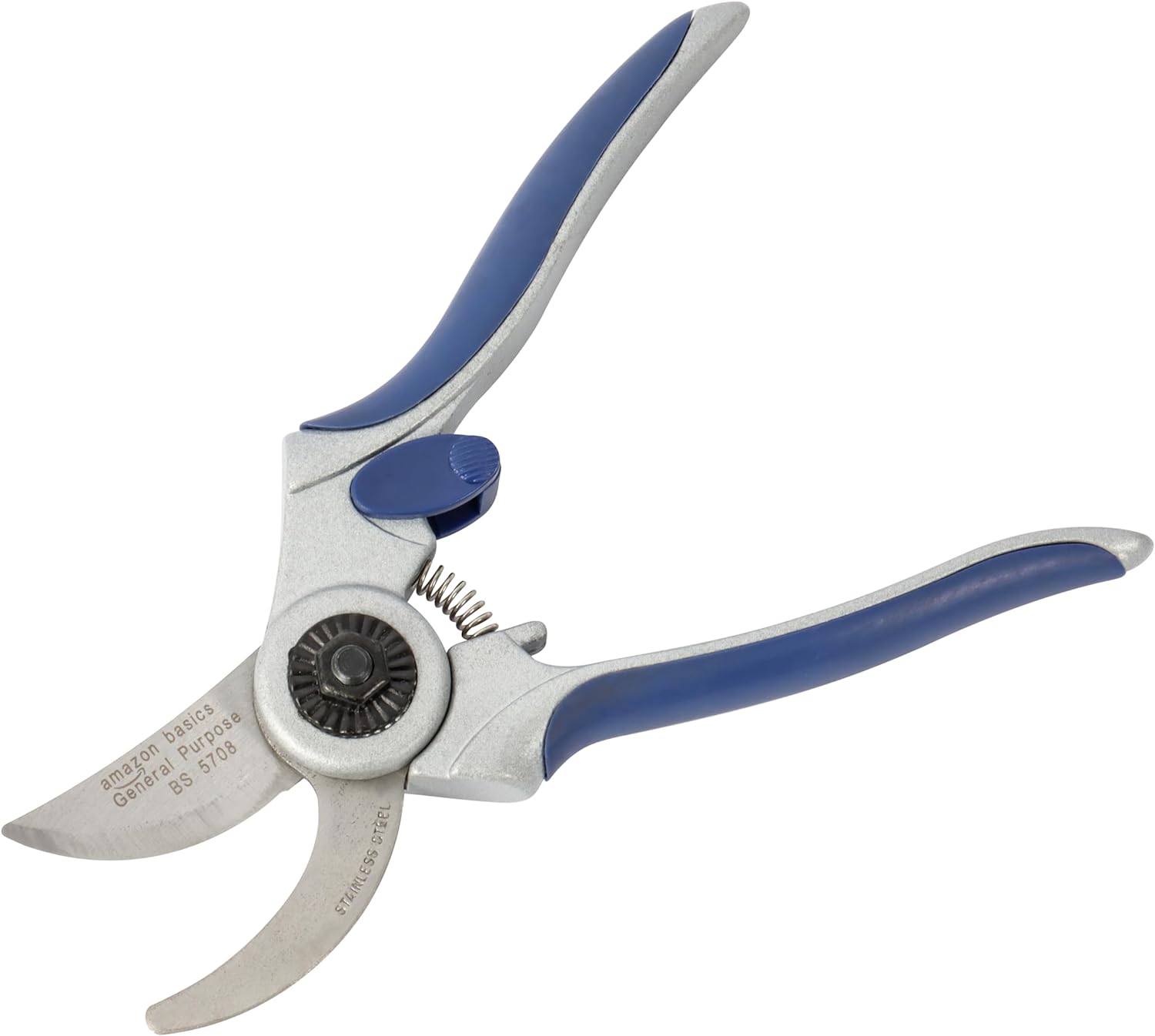
Size: 0.31 lbs
Made from: Stainless steel
Price: $11.35
Having a good pair of pruners is key for looking after your plants long-term. The non-slip TPR handle will make sure your hands are comfortable, while the high-tension coil will ensure precision while trimming.
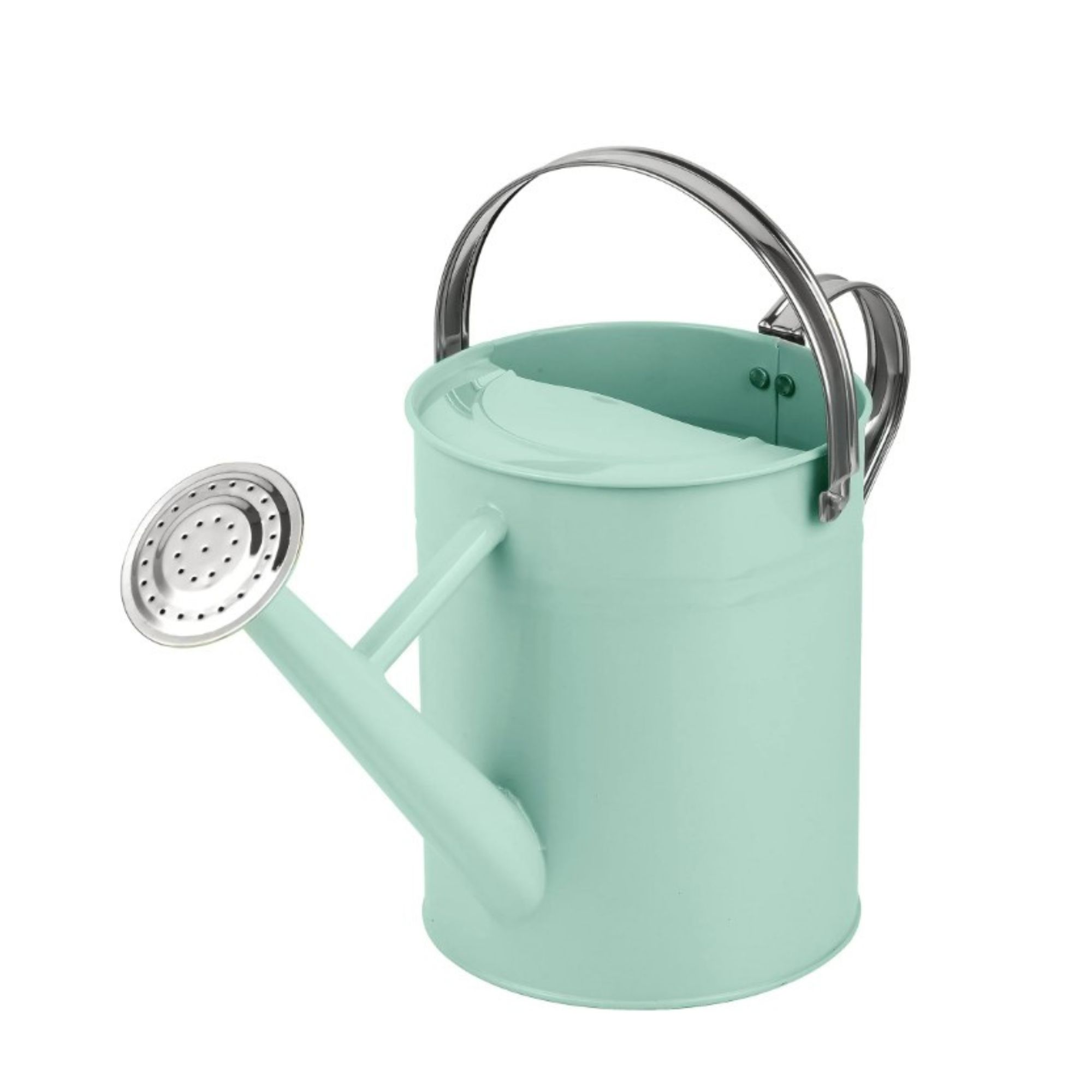
Capacity: 1 gallon
Made from: Metal
Price: $24.99
Give your outdoor plants a good drink with the help of this colorful watering can. I love the playful blue shade, which will make it easy for you to grab even on darker days.
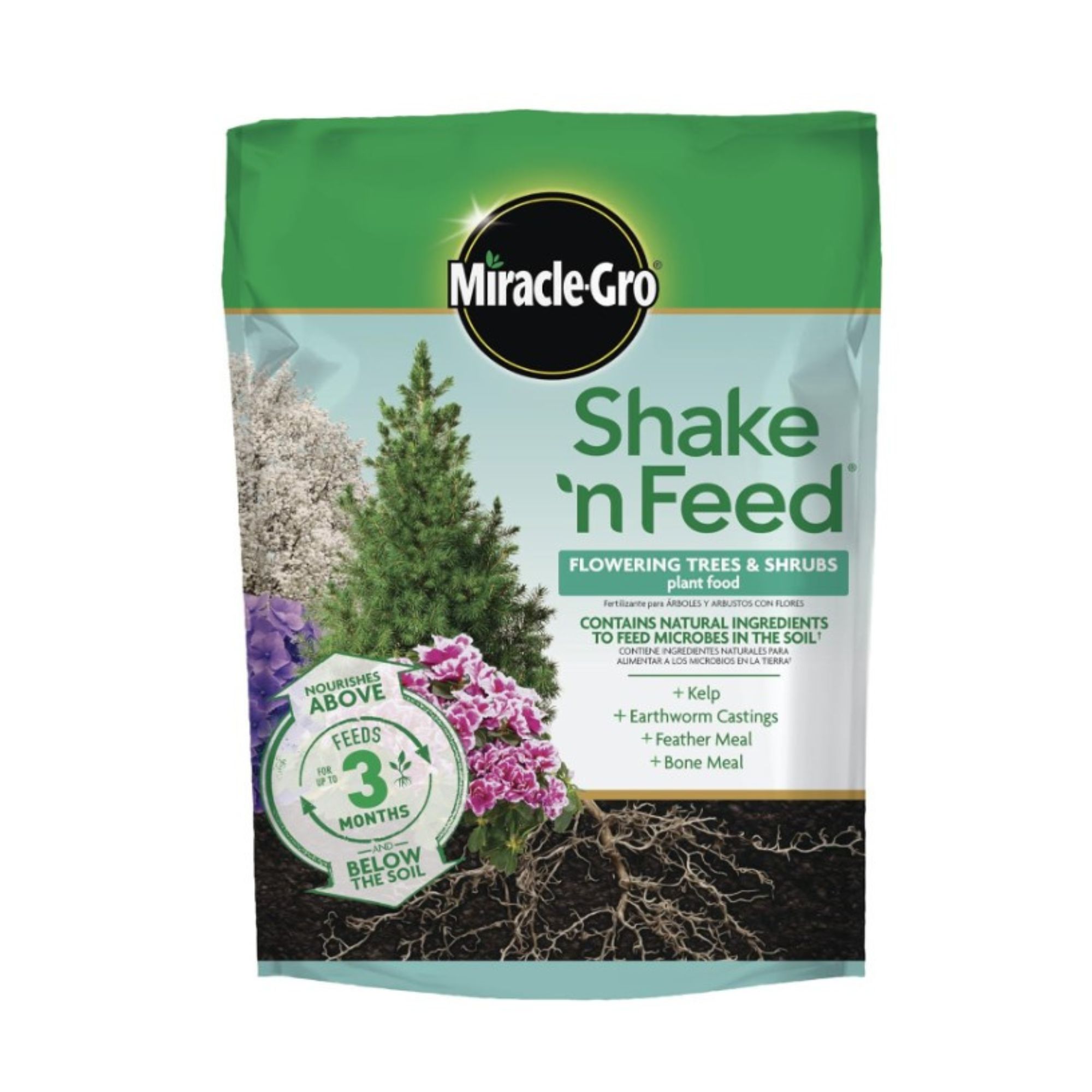
Size: 3.8kg
Made from: Natural materials
Price: $23.74
Give your plants a boost during the cooler months with this powerful plant food from Miracle-Gro. You can use this both in the ground or in containers.







